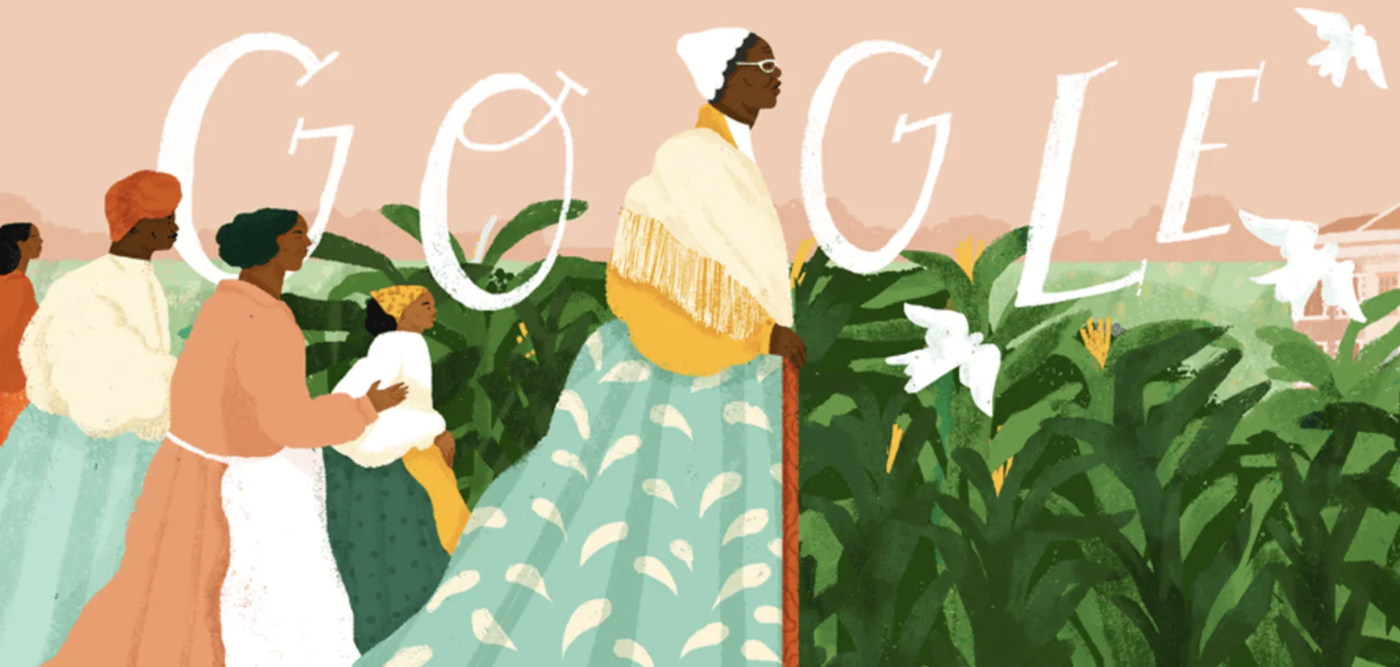When you type ‘World’s best CEOs’ into the Google search algorithm, you will see names such as Jeff Bezos, Warren Buffet, Mark Zuckerberg, or Steve Jobs. But it takes a bit of digging to find people such as Marrillyn Hewson (CEO of defense technology company, Lockhead Martin) or Mary Barra (CEO of General Motors). The same goes for other questions, such as ‘World’s top athletes’, which will show you LeBron James, Ronaldo, Tiger Woods and Messi. Yet it fails to represent the millions of female athletes who are at the top of their chosen sport, such as Serena Williams, Simone Biles, Alex Morgan or Lindsey Vonn.
Despite being a billion dollar company with over 90% shares in the search engine market and over 4 billion users, Google still reflects the gender bias that permeates our society online. It should be made clear that computers are not naturally gender biased. They simply carry out the codes that have been written for them by programmers who are sexist. This unfair portrayal of women in online search platforms has an immeasurable impact on the way that general society views women.
Everyday, there are approximately 5.8 billion google searches conducted by people from a huge demographic. This means that school children who do research on google for projects are unconsciously influenced from such a young age. Women, who already struggle to stand out in a male-dominated field, will only see men appearing on their screens when they search for the top people in their field. This can decrease their self-confidence and lower their esteem, making them less likely to succeed in their career. It also creates an initial bias in others who see such search results as they place an extreme amount of trust in Google, meaning that they will believe the top professionals are men.
The impact of Google is even more drastic than that of social media or other forms of social influence. Because not only is it used by a huge range of people and unconsciously controlling the mindset of individuals, it is still recognised as a reliable source of information by billions across the globe and the problem of gender bias in search engines is still unknown to many.
This bias in computer algorithms extends to beyond gender. In fact, Google searches often discriminate against people of colour too. When you search up ‘professional hairstyles’, it comes up with white women with long blonde hair. Aside from the fact that it completely ignores the range of professional male hairstyles and plays into the classic ‘beautiful women’ stereotype, it also fails to show images of Asian or Black people’s hairstyles. However, the keywords ‘unprofessional hairstyles’ shows images of Black women whose hairstyles are not inappropriate for work in any way and can be argued to be even more appropriate than the hairstyles shown in the first search.
To make matters worse, when searching for ‘girl’ or ‘women’, Google suggests that I narrow down my search with adjectives such as ‘beautiful’, ‘skinny’, ‘tall’ and ‘plus-sized’. Whilst these words may be descriptive for a small portion of women, they emphasise the focus on a woman’s body image and physical appearance.
It is imperative that we realise the danger in trusting these search engines. Whilst computers have no mind of their own, and therefore lack the ability to think and discriminate, this is not true for those who have programmed them. Gender bias in search engines is something that is so little known but does so much in activating our internal unconscious bias. These search results reflect what we, as a society, believe to be true, and is seen as a reliable source of information, all the while poisoning our ideologies with gender bias and discrimination.
